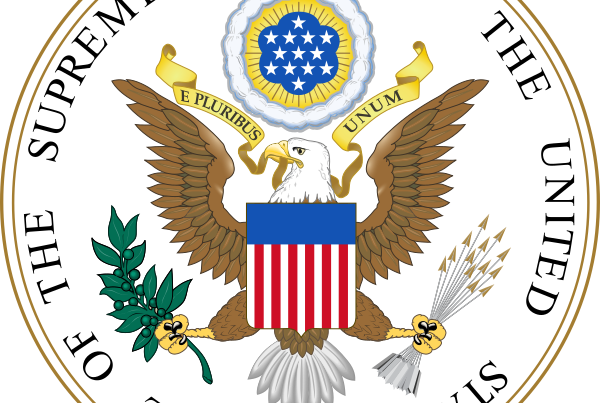Businesses routinely enter into confidentiality agreements to maintain their confidential and proprietary information.
The Seventh Circuit, in nClosures Inc. v. Block and Co., Inc., 770 F.3d 998 (7th Cir. 2014), recently defined and narrowed the scope of enforceable confidentiality agreements.
In that case, manufacturer and designer nClosures designed metal casings for electronics tablets; Block and Co. agreed to manufacture the casings.
Early in their business relationship, the parties entered into a confidentiality agreement.
A few months later, Block and Co. created its own metal casing design and began manufacturing a competing product to nClosures’ casings.
nClosures responded by suing Block and Co. for breach of the confidentiality agreement and breach of fiduciary duty.
In granting summary judgment to Block and Co. on both claims, the district court refused to enforce the confidentiality agreement.
The court reasoned that nClosures did not take reasonable steps to keep its proprietary information confidential.
The Seventh Circuit affirmed the district court ruling.
The Seventh Circuit held that confidentiality agreements will only be enforced “when the information sought to be protected is truly confidential and reasonable efforts were made to keep it confidential.” Id. at 602 (quoting Tax Track Sys. Corp. v. New Investor World, Inc., 478 F.3d 783, 787 (7th Cir. 2007)).
Because nClosures did not comply with these requirements, the confidentiality agreement could not be enforced.
nClosures applied Illinois, and not Wisconsin law. Even so, the states’ laws are more alike than unalike.
There is one clear take-away from nClosures.
Parties to a confidentiality agreement must implement and enforce an actual plan to protect all proprietary information subject to the agreement.
Without reasonable efforts to keep the propriety information confidential, a party will have a difficult time enforcing the confidentiality agreement in light of nClosures.



